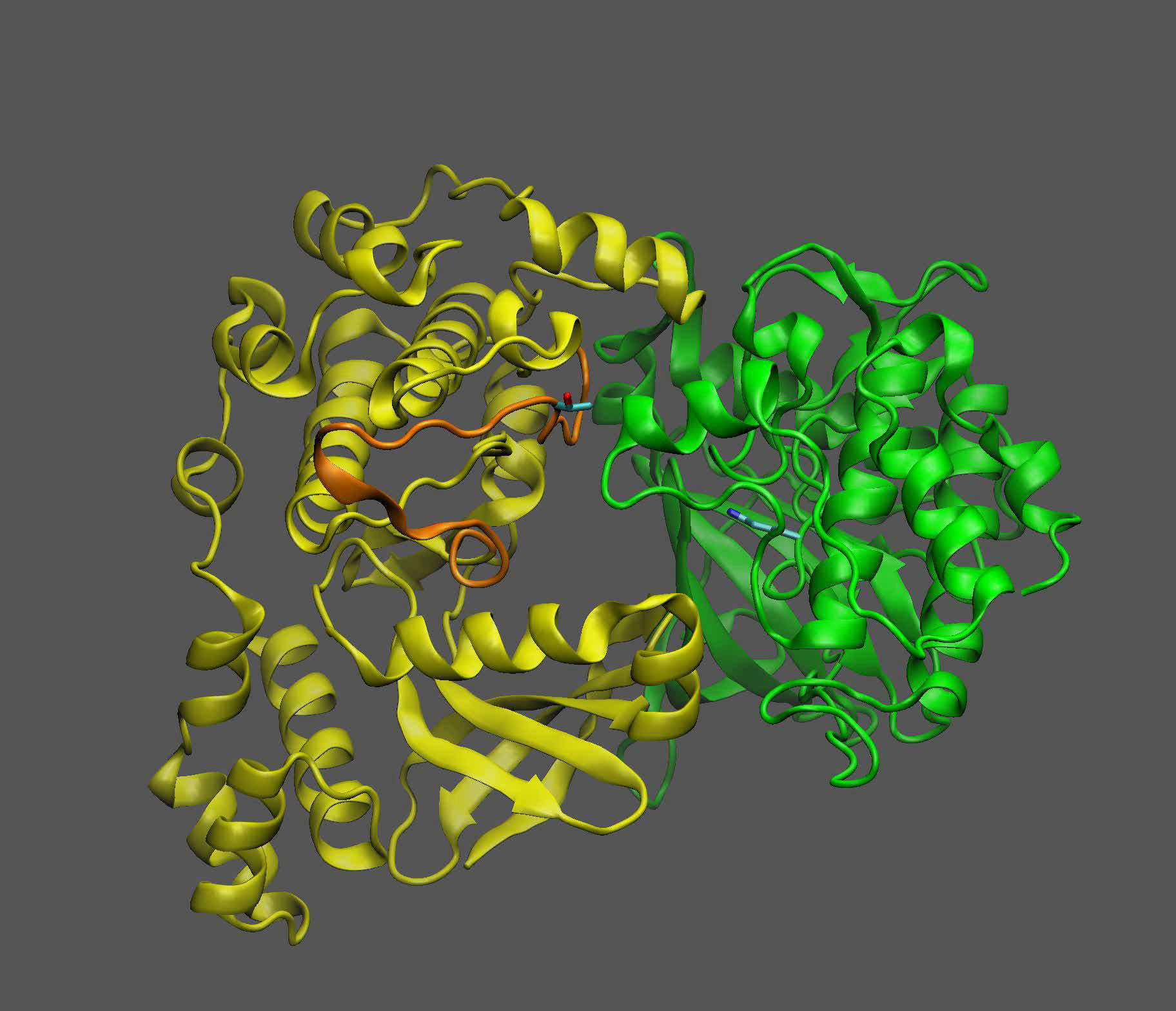A new chapter in grape cultivation: non-transgenic plant regeneration technology
Chinese Academy of SciencesBiotechnological innovation meets horticulture as researchers unveil a cutting-edge genome editing protocol for grapes. This novel technique, integrating protoplast culture with CRISPR-Cas9, facilitates the regeneration of non-chimeric, transgene-free plants across a spectrum of grape varieties. This breakthrough stands to elevate agricultural practices and combat the challenges posed by climate change.




















